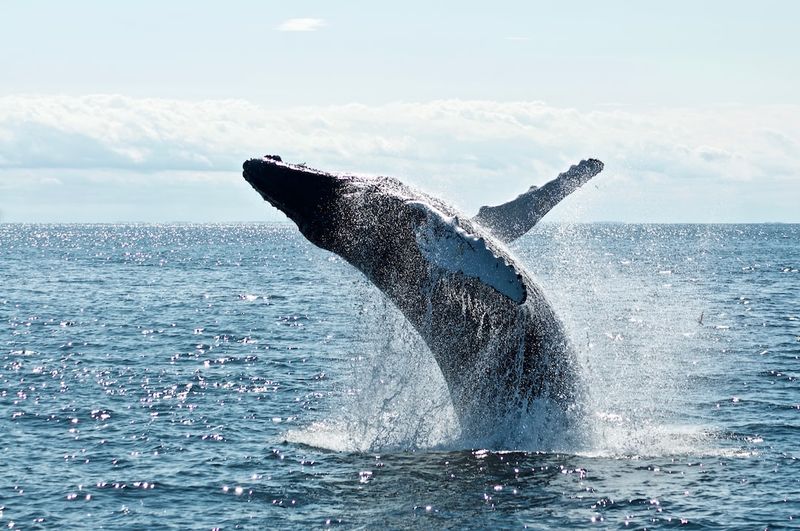Mass Stranding of Pilot Whales in Western Australia
By
Introduction
In a tragic event off the coast of Western Australia, over 50 long-finned pilot whales have stranded themselves on Cheynes Beach, near Albany. Despite the efforts of wildlife experts who stayed overnight vigil to monitor the whales’ welfare, 51 of them have unfortunately perished. The remaining 46 whales will be assisted in an attempt to return them to deeper water during the day. This mass stranding has sparked concerns and speculation among experts about the factors contributing to such events and the welfare of these marine mammals.
Unusual Behavior and Speculations
What sets this event apart from previous strandings is the availability of footage showing the behavior of the whales before they stranded. Wildlife experts, such as Dr. Vanessa Pirotta from Macquarie University, have speculated that stress or illness within the pod could have caused this unusual behavior. The gathering of the whales near the beach, their huddled position, and the fact that they were closely monitoring their surroundings suggest that there may be underlying factors at play.
Whale Strandings and Bonding
Pilot whales, known for their complex familial relationships and highly social nature, are more prone to mass strandings compared to other cetaceans. Dr. Olaf Meynecke, a whale researcher from Griffith University, explains that when some individuals in the pod become stressed, a ripple effect occurs, leading to the entire pod stranding. These animals share strong emotional bonds with their peers, which may contribute to their follow-the-leader mentality and their willingness to follow each other into dangerous situations.
The Role of Volunteers
The response to the stranding has been overwhelming, with hundreds of offers to help rescue the stranded whales. The Parks and Wildlife Service has stated that they have enough registered volunteers at this time and urged the public to stay away from the beach due to safety hazards such as distressed whales, sharks, waves, heavy machinery, and vessels.
Historical Context
This stranding is not the first of its kind in Western Australia. In early 2018, over 130 whales died in a mass stranding in Hamelin Bay, and in 1996, 320 long-finned pilot whales stranded themselves in Dunsborough. These past events highlight the importance of continued efforts in marine conservation to protect these precious marine mammals and their habitats.
Conclusion
The mass stranding of pilot whales off the coast of Western Australia is a tragic event that prompts reflection on the factors contributing to these occurrences and the ongoing efforts in marine conservation. Understanding the behavior and welfare of these animals is crucial for their preservation. It is imperative that authorities and organizations continue their work in environmental protection, marine ecology, and wildlife preservation to ensure the well-being of our marine life and prevent such incidents in the future.

<< photo by Todd Cravens >>
The image is for illustrative purposes only and does not depict the actual situation.
You might want to read !
- Whale Strandings: Unraveling the Mysteries Behind these Tragic Events
- Time to Unleash Pet Imports: Rethinking Hong Kong’s Policies
- “Guardians of the Land Down Under: Recognizing Australia’s Environmental Protectors”
- World Ocean Day: Young Global Leaders suggest ways to safeguard our oceans
- Whale Strandings and Shark Warnings: A Disturbing Day on the WA Coast
- “Fury and Fear as Shark is Fatally Attacked in Retaliation for Tourist Encounter”




